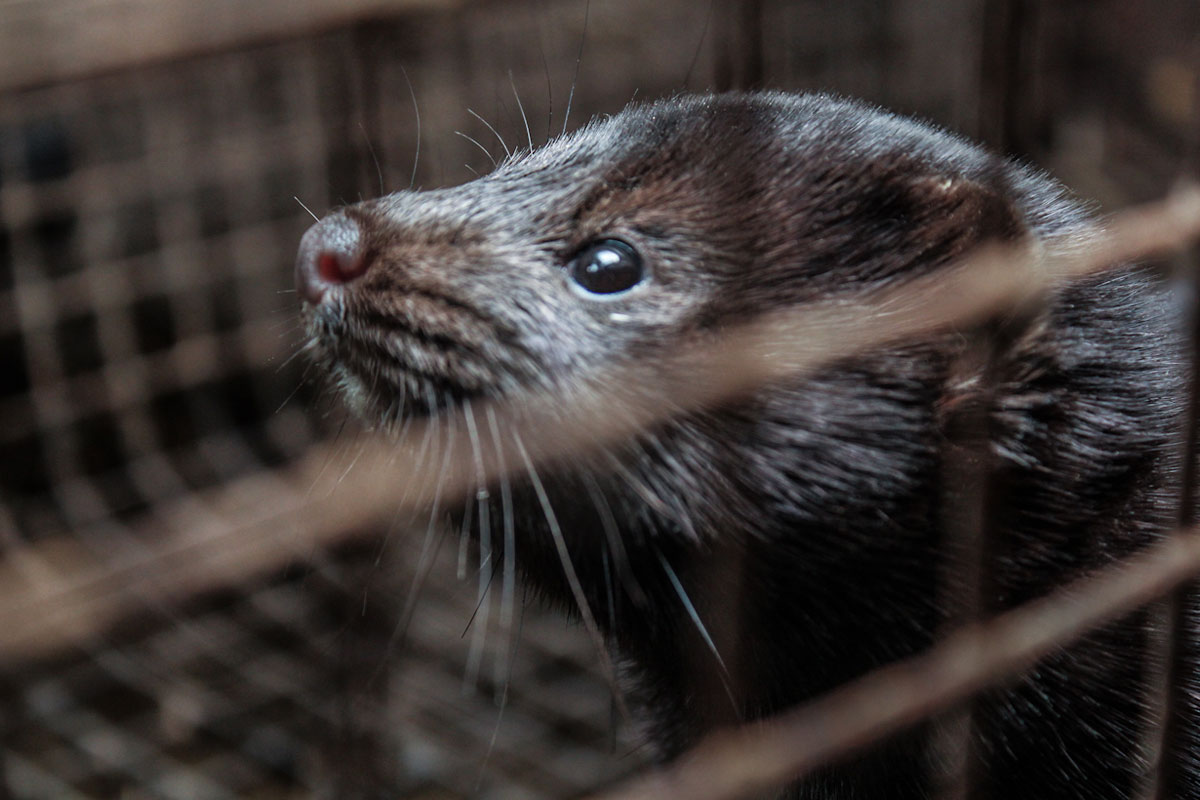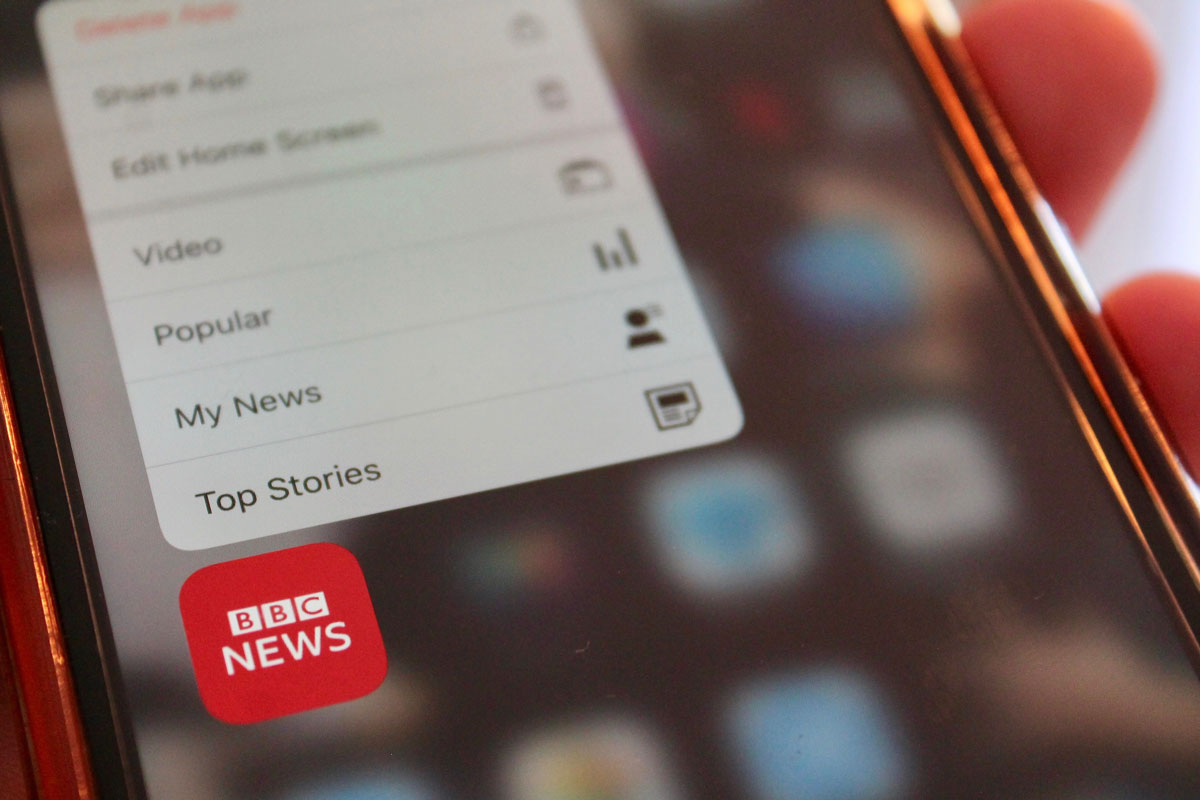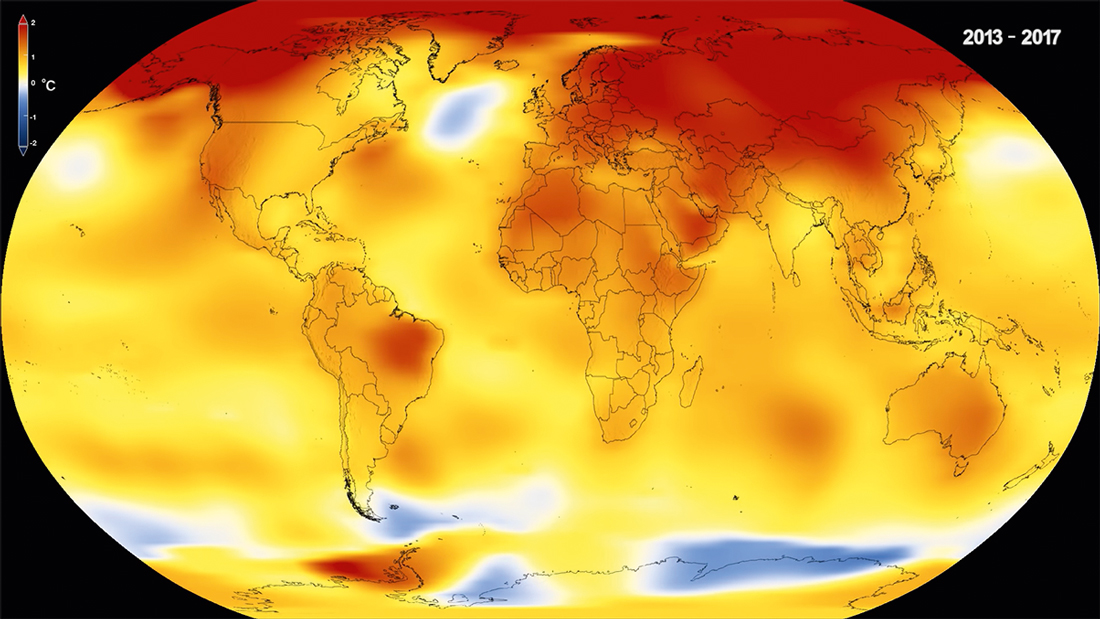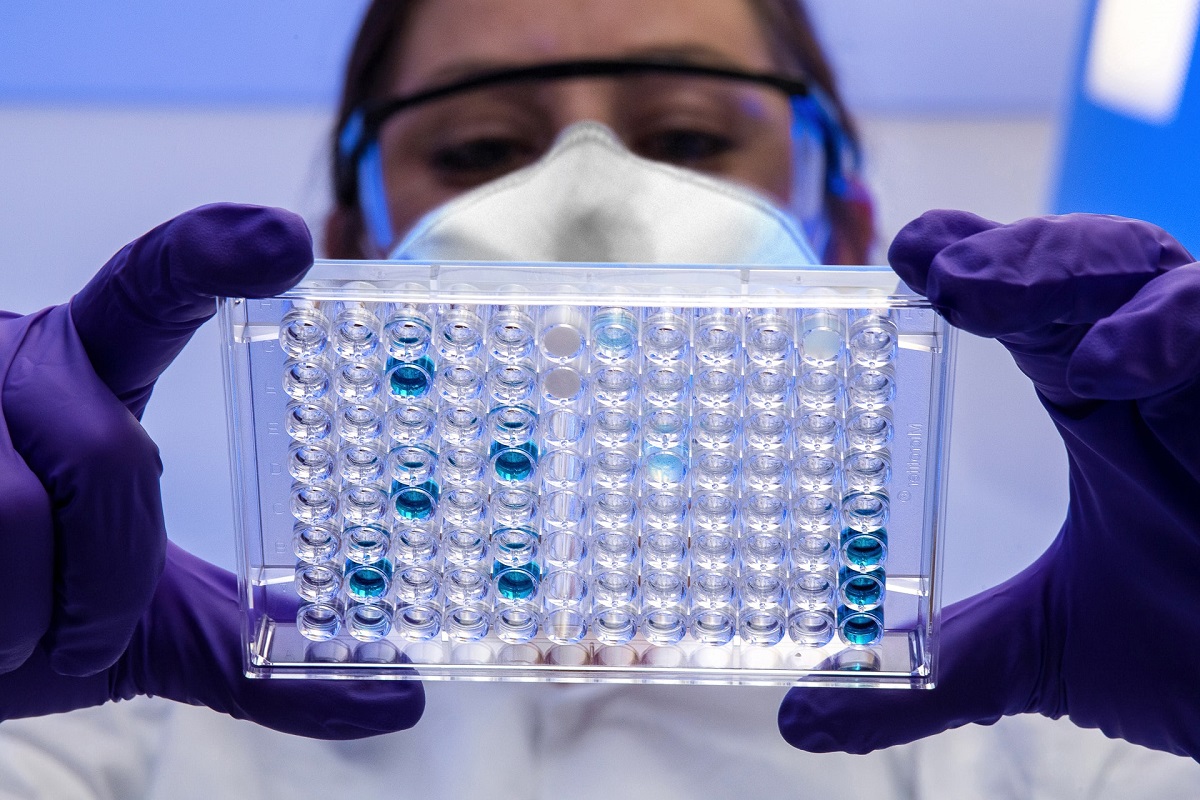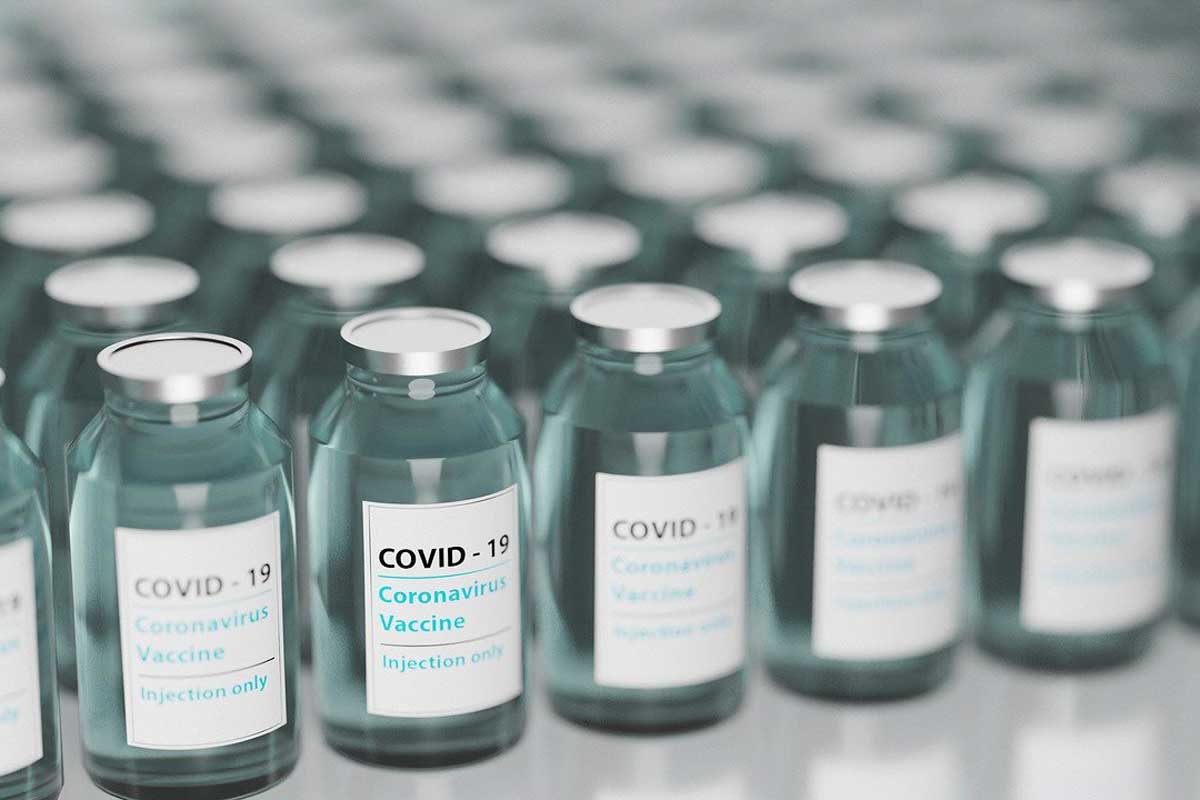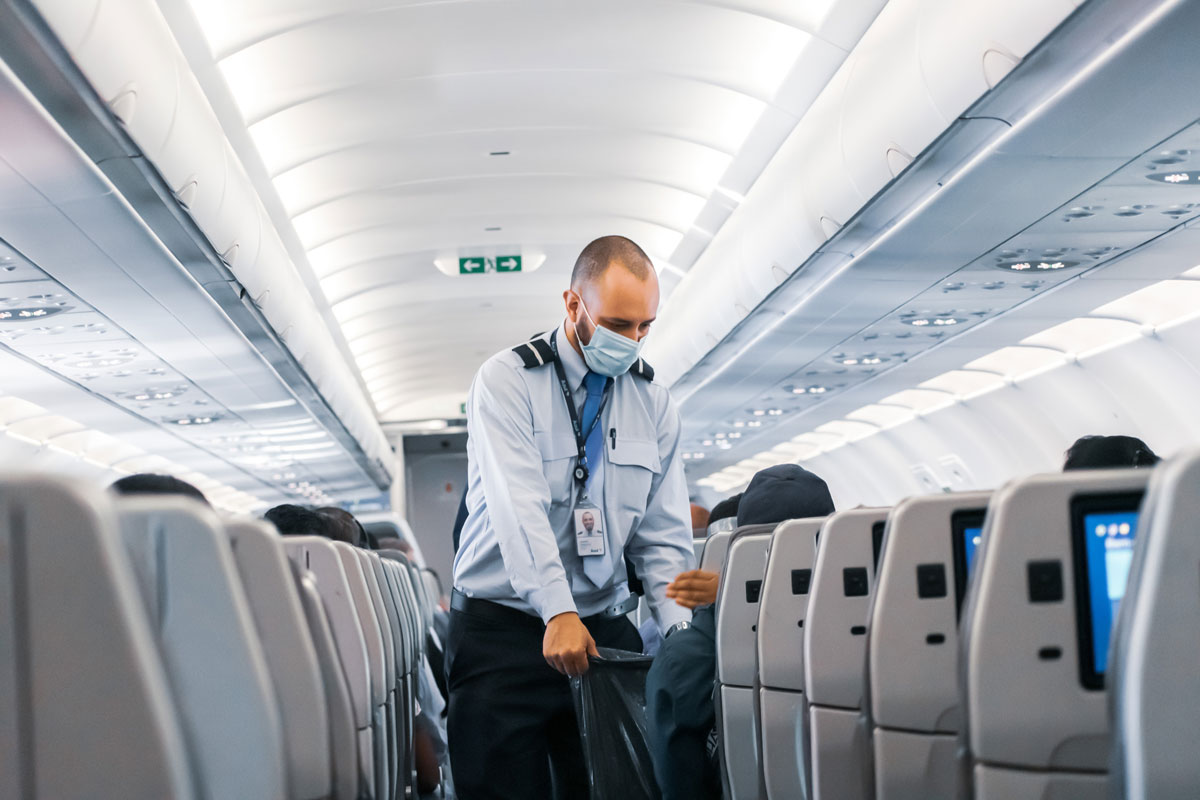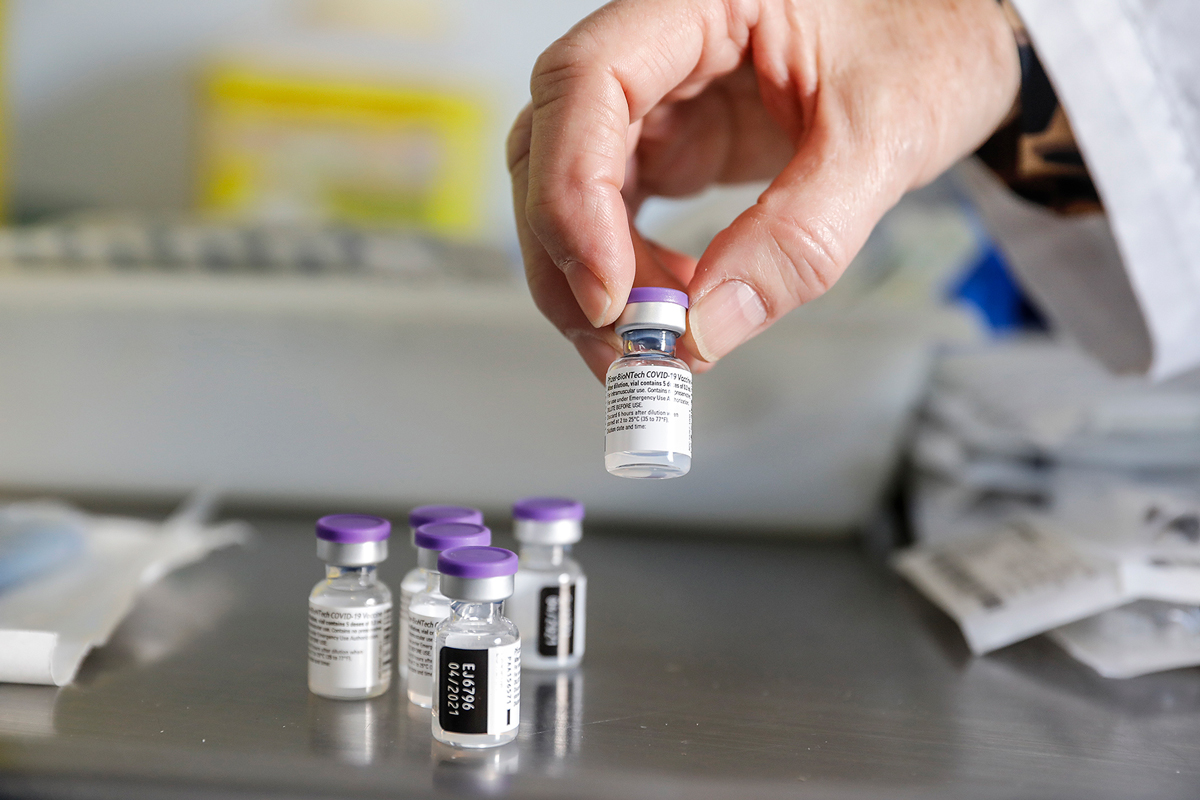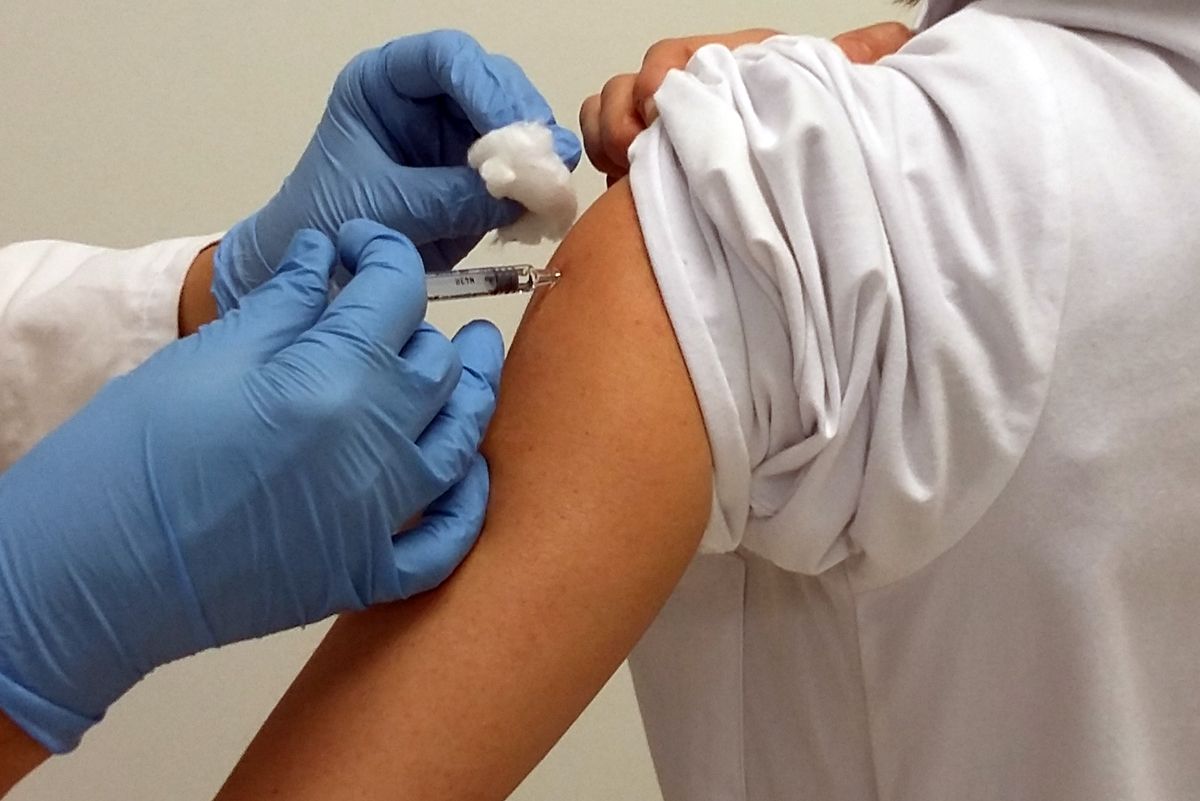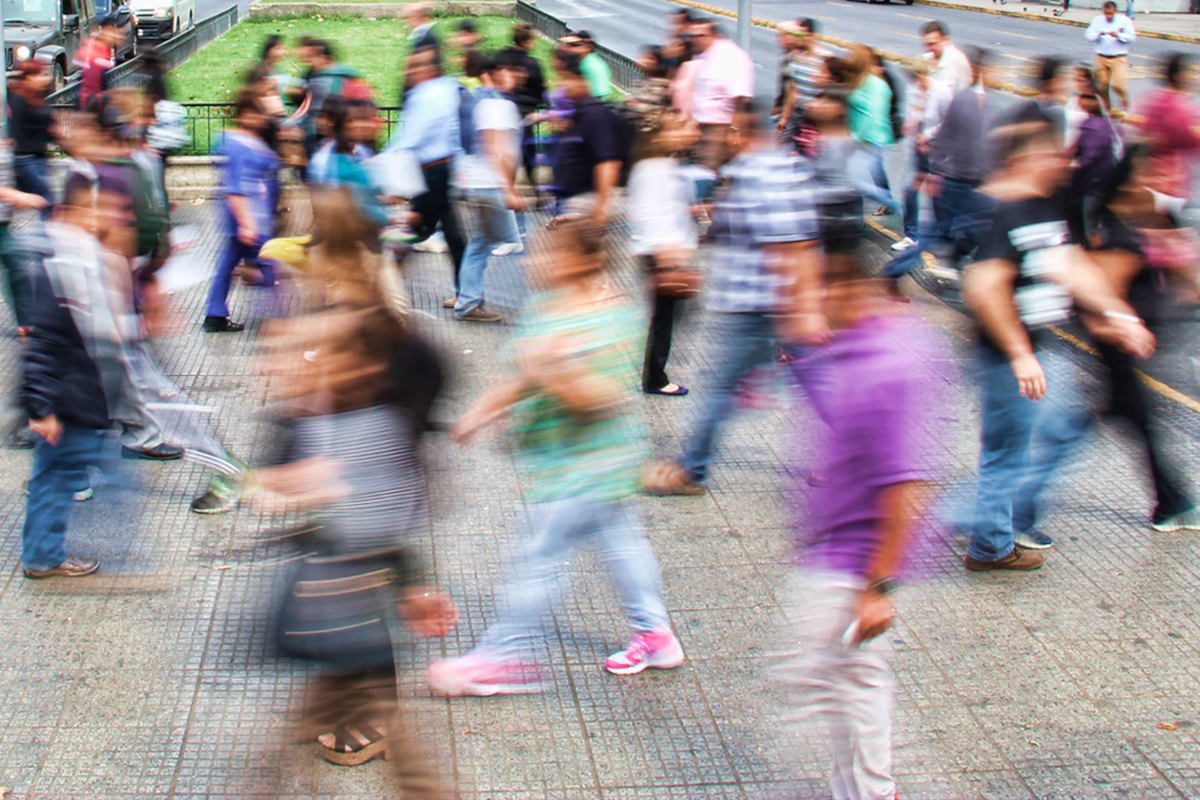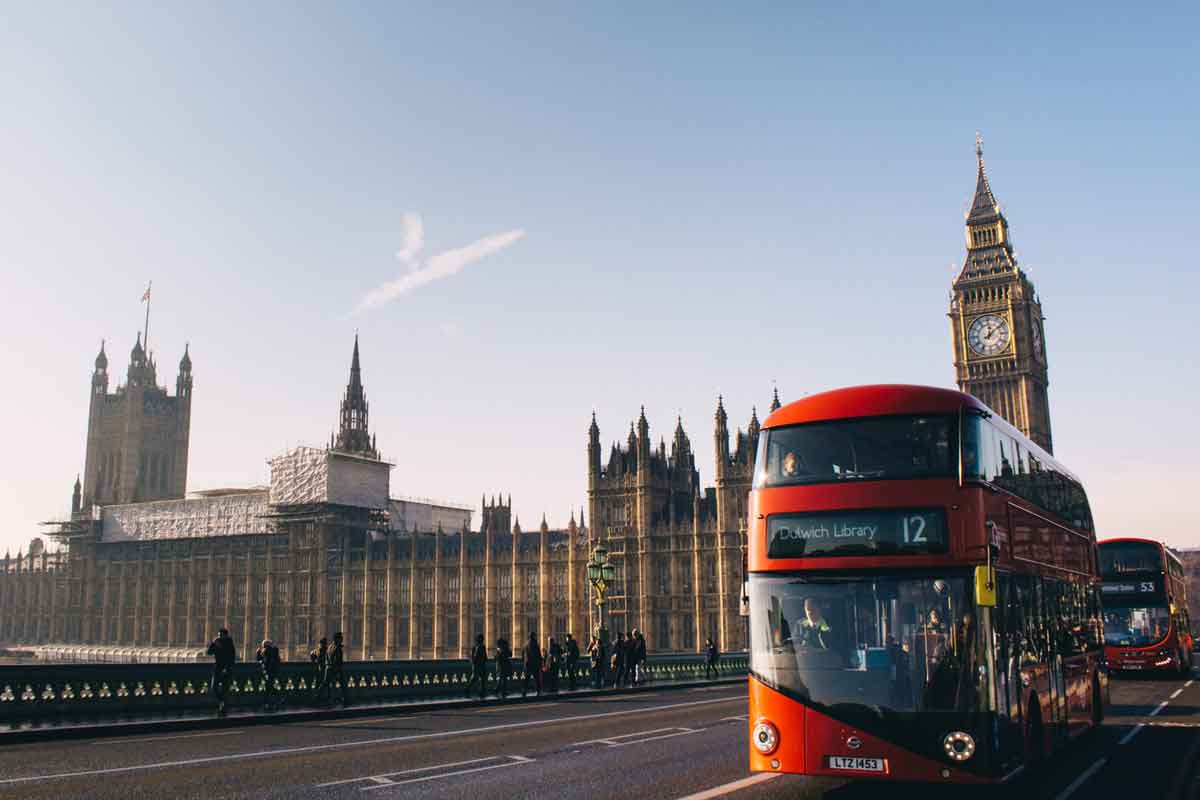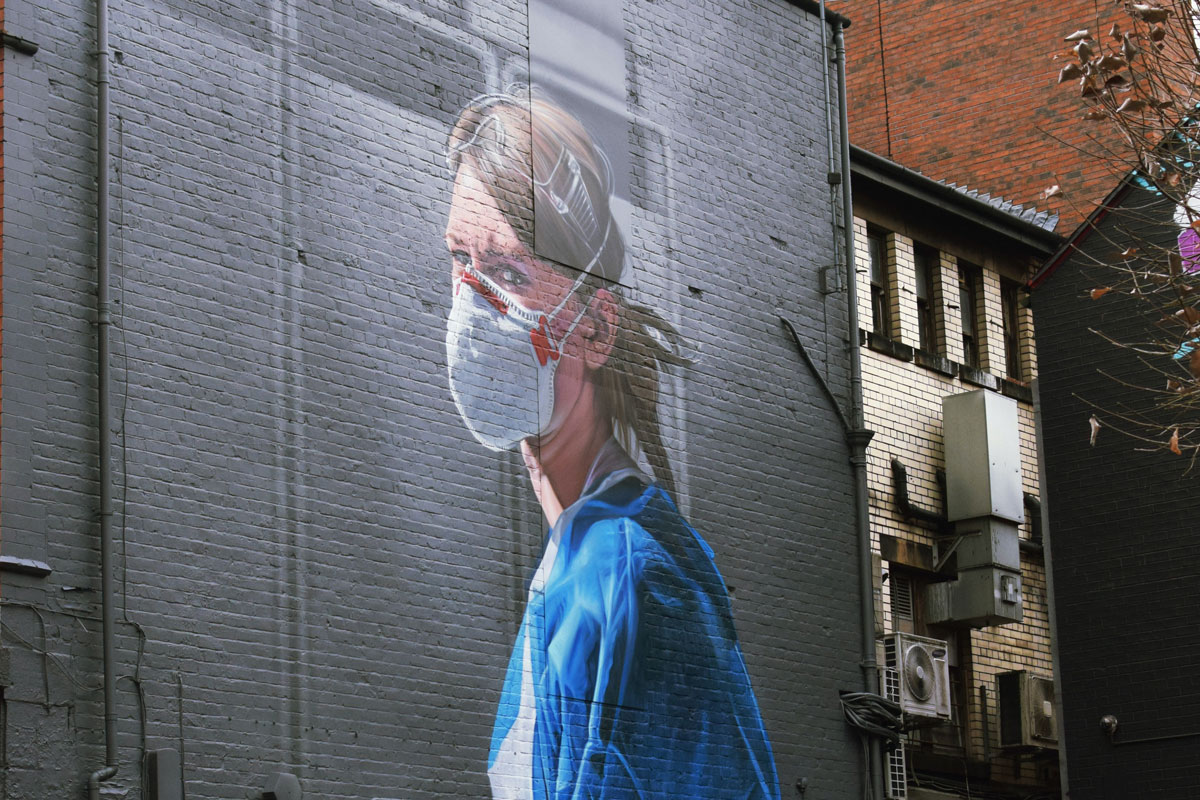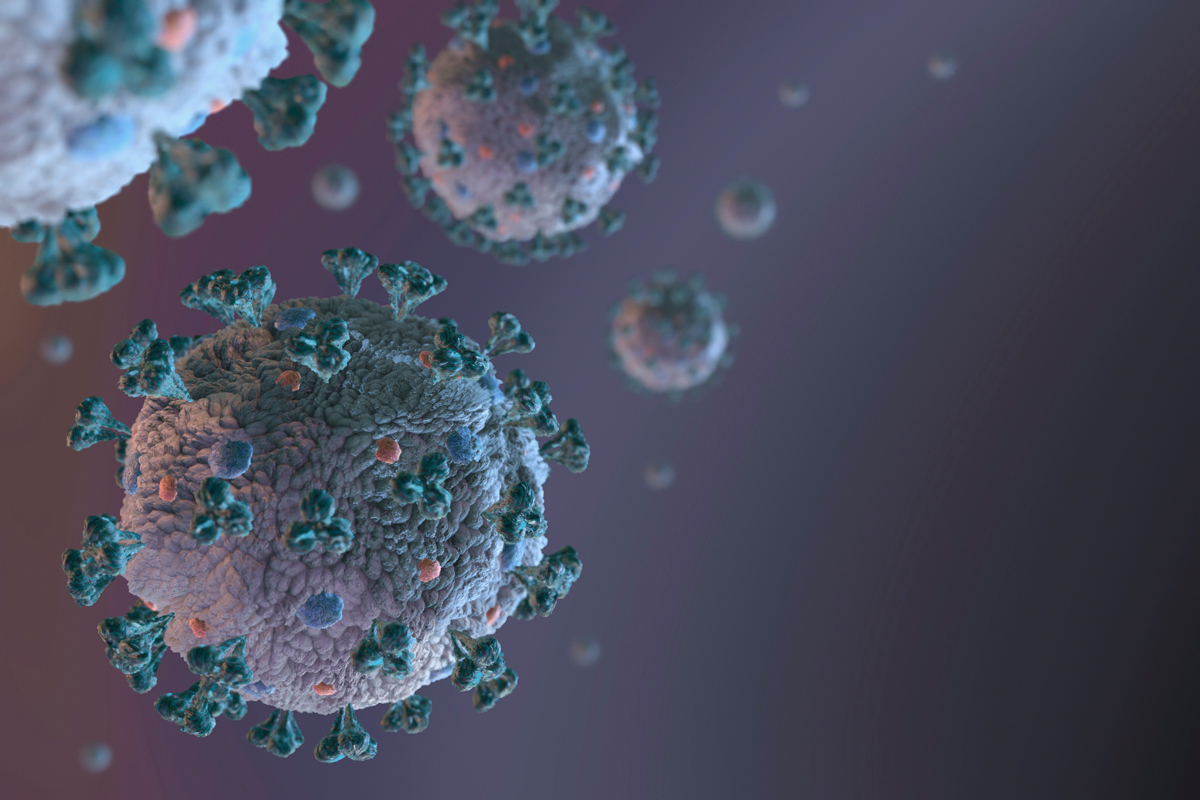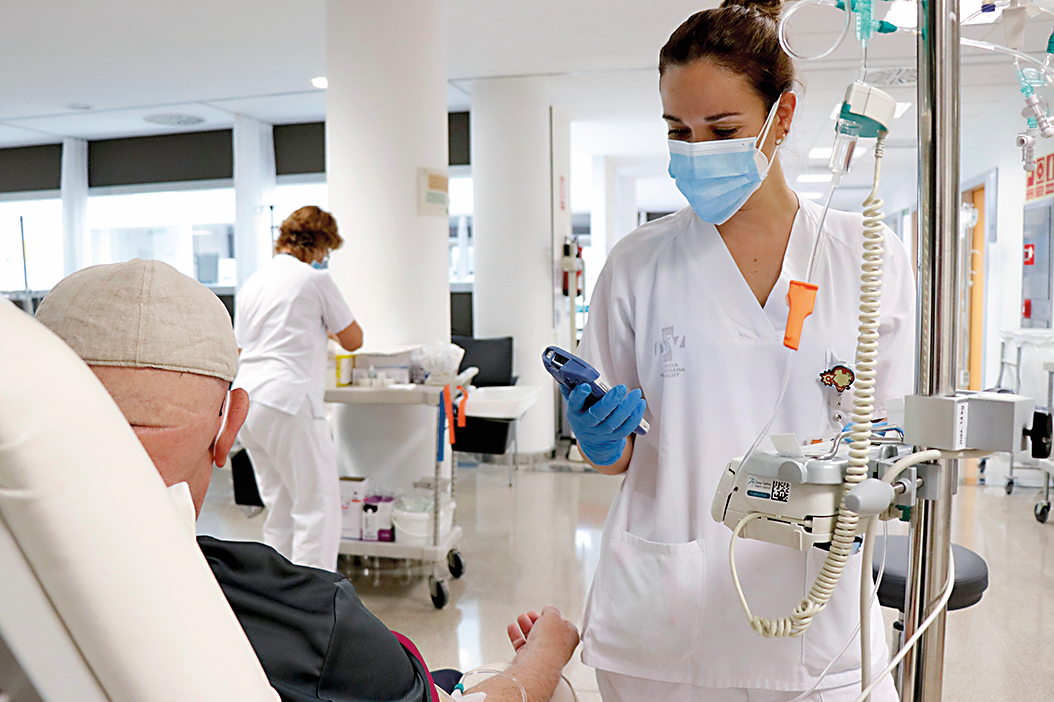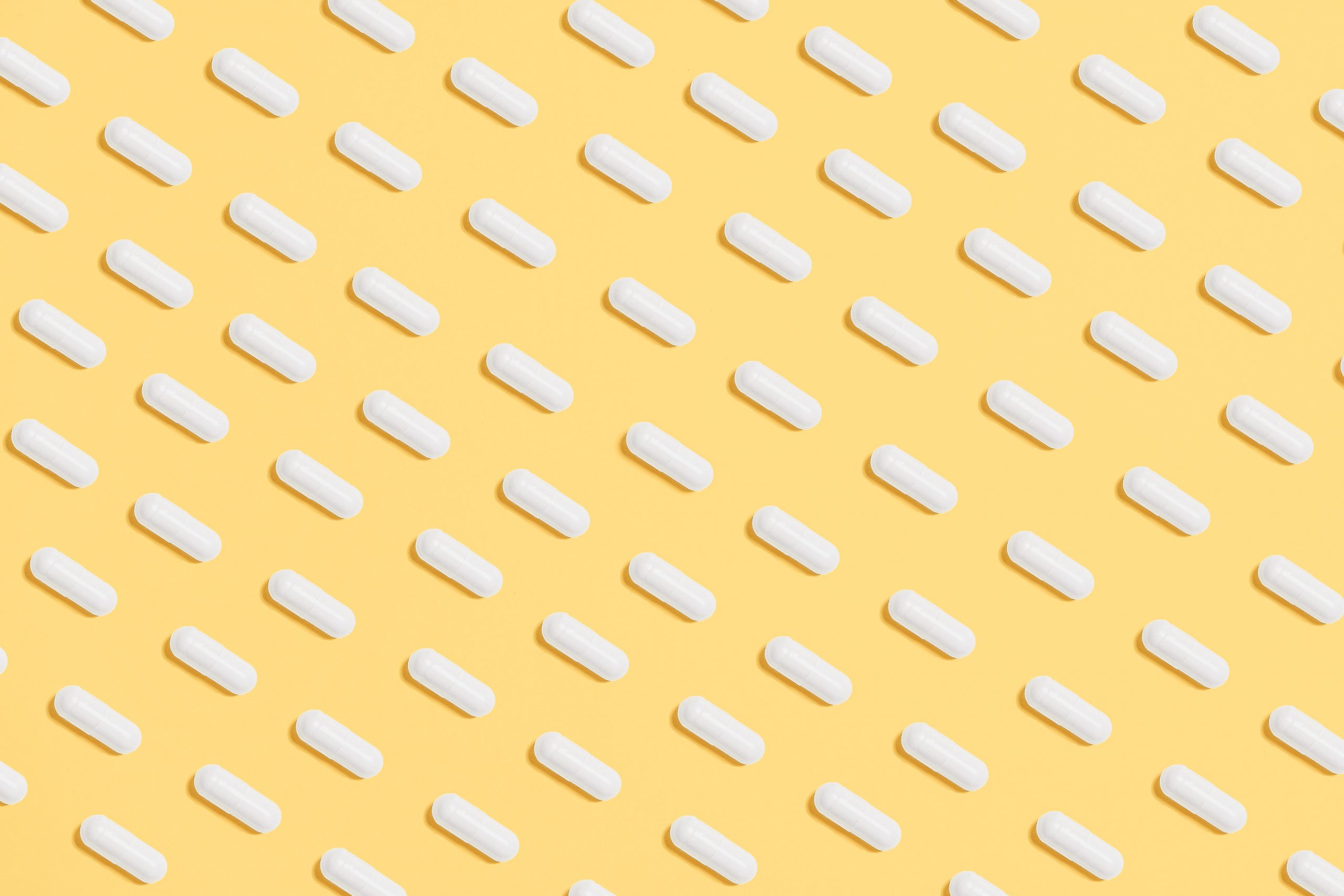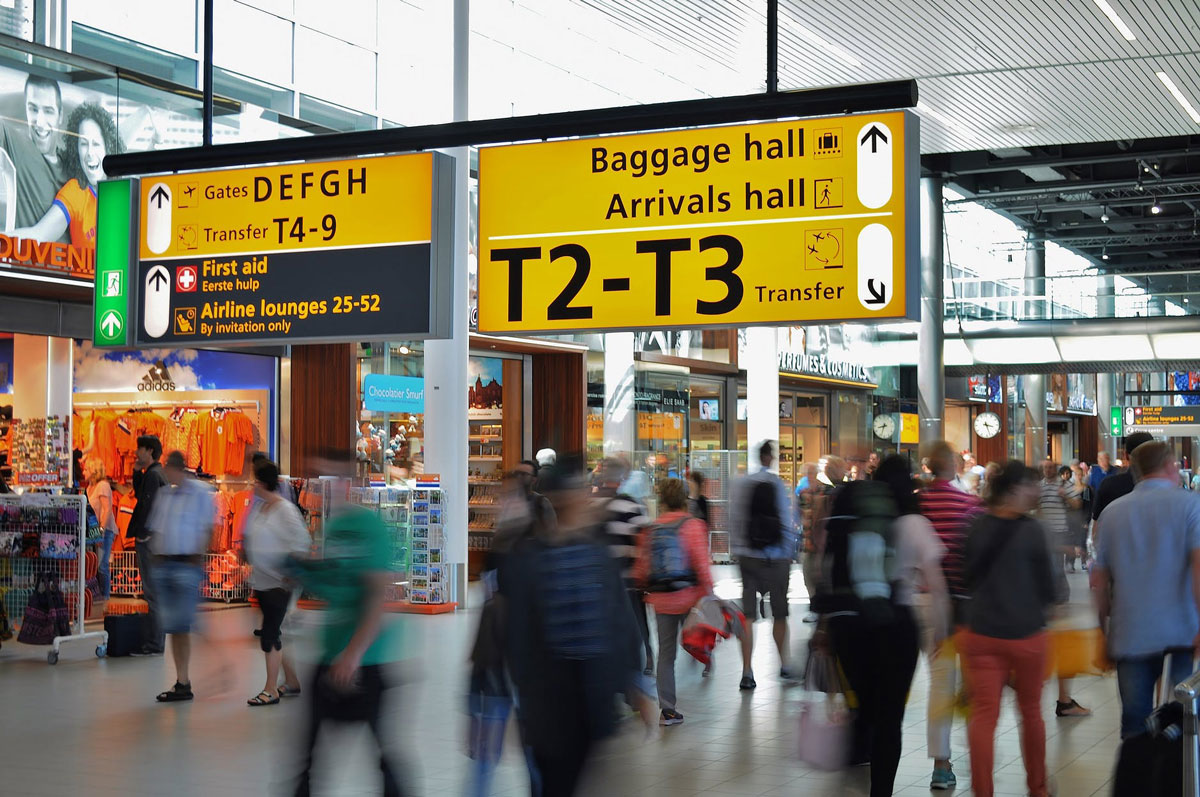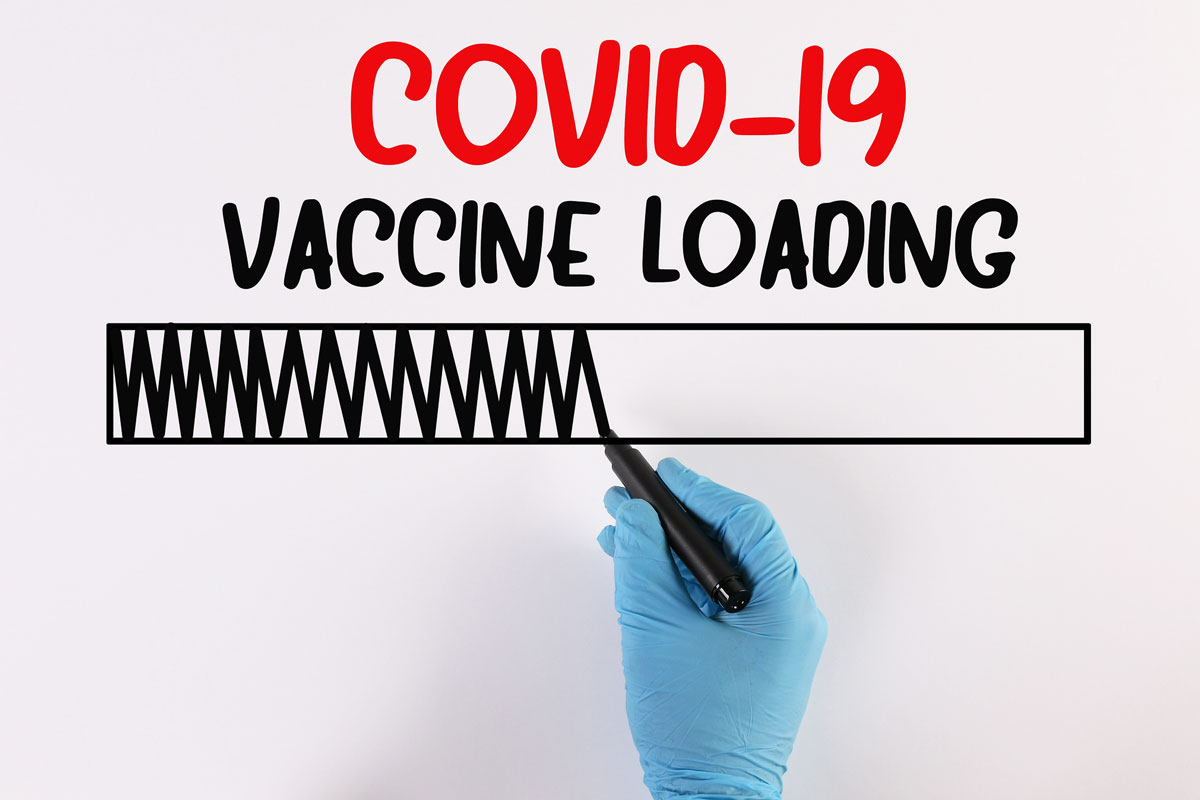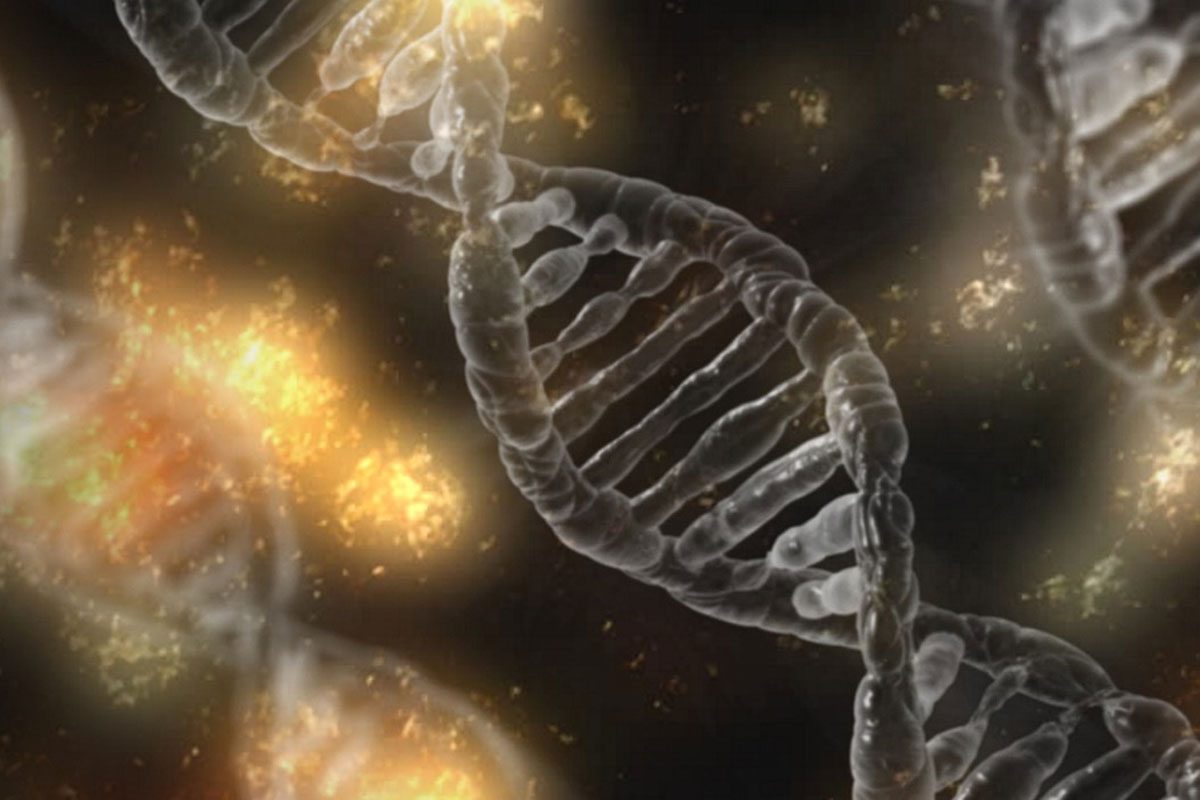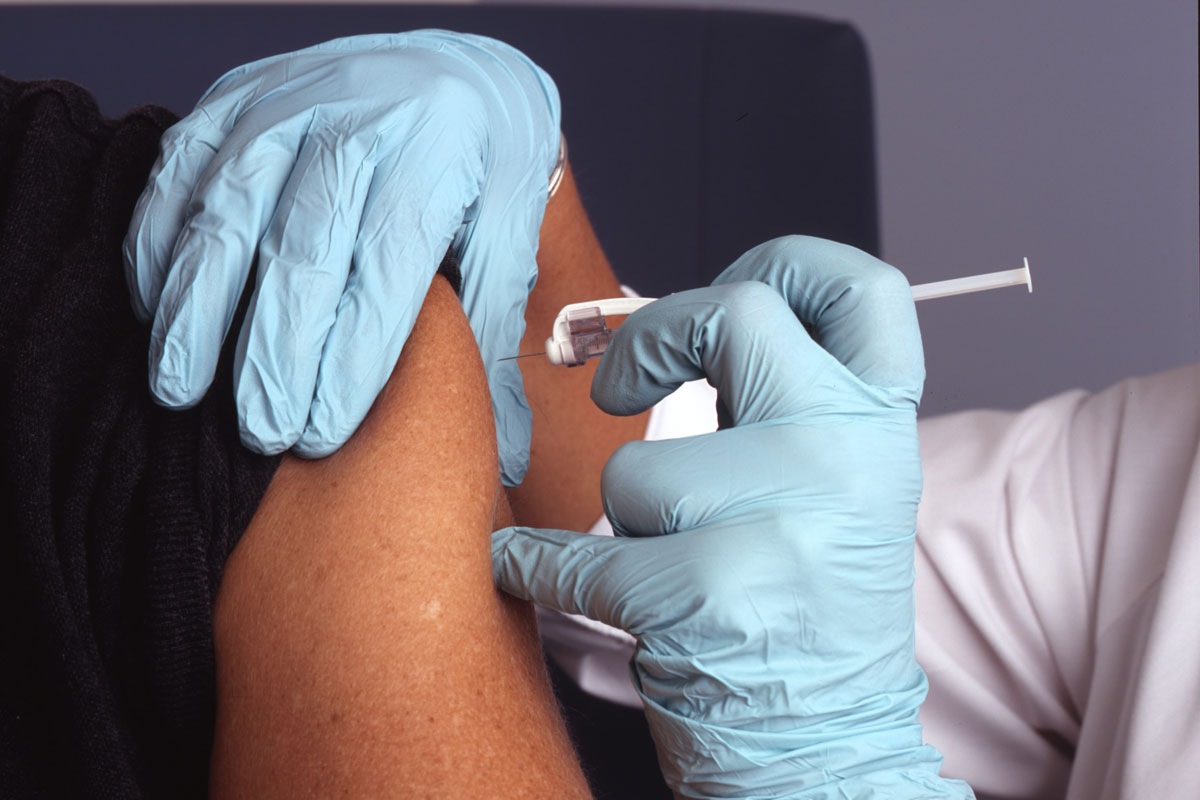Search
In this review of the film Oppenheimer, PhD in Law Clara Portela criticises the victimising vision of Robert Oppenheimer in Christopher Nolan's biopic, released in July 2023.
The outbreak of H5N1 avian influenza declared in October 2022 in an American mink farm in Galicia is concerning because of the level of transmission from animal to animal.
Nuclear fusion energy has great advantages. The latest discoveries in this field made by the National Ignition Facility in the United States have great scientific significance.
Some scholars nowadays use «public engagement» as an umbrella term for old and new forms of interaction between science and publics.
The world of mental illness is rife with enemies, so the Valencian Regional Government is developing a citizen convention on mental health.
It is not enough to address the climate crisis: it is necessary to tackle the entire set of problems that contribute to exceeding planetary boundaries.
This is a decisive decade in the fight against climate change, both in terms of mitigation and adaptation policies.
While it would be unwise to consider SARS-CoV-2 as evolutionarily exhausted, it is beginning to struggle to find new evolutionary improvements.
If the disease is defeated, immunity is more comprehensive, but less potent. It is therefore recommended that at least one dose of the vaccine be administered to people who have had the disease.
The author reminds us that we are going into a pandemic summer and the situation will remain for a long time. We must be optimist, but remain cautious.
Science has shown us that alcohol use disorder is a chronic and relapsing disease, but talking about it in our culture is still complicated.
Maria Garcés-Sánchez, specialist in paediatrics and researcher in the Vaccines Area at FISABIO, explains why vaccinating children against COVID-19 is not a priority at the moment.
The vaccine protects us against severe forms of COVID-19, but does it prevent us from catching it or infecting others?
The idea of citizen science brings with it tensions about the social nature of scientific truth.
The new coronavirus strain identified in the United Kingdom presents different mutations. Alma Bracho, FISABIO researcher, explains.
We review, through articles published in Mètode, the news during these twelve months of SARS-CoV-2 health crisis.
Is it useful to talk about COVID-19 waves, or maybe other metaphorss such as forest fires can be more adequate?
The author discusses how women have been rendered invisible during the COVID-19 pandemic and how we have experienced a regression in gender biases.
Essentially there is no supplement that can prevent the coronavirus, but many patients who have suffered from the coronavirus have vitamin D deficiency.
The virus has spread again in the different populations because we have lowered our protective measures, when we should have maintained them for a much longer period.
On 9 November, Pfizer announced in a press release that their COVID-19 vaccine candidate shows 90 % efficacy. We analyse the situation with the voice of several experts.
The Nobel Prize for Chemistry has awarded Emmanuelle Charpentier and Jennifer A. Doudna for the development of CRISPR-Cas9 genetic editing tools. Lluís Montoliu analyses the journey to this award.
Vaccine development takes a long time, often more than fifteen years. The SARS-CoV-2 pandemic has accelerated the process in record time. This race has only just begun and there is much to be learned in the near future.
The Swedish Academy has awarded Roger Penrose, Reinhard Genzel, and Andrea Ghez the Nobel Prize in Physics. What is behind this shared award? When did the debate on black holes start? An analysis by Manel Perucho.


